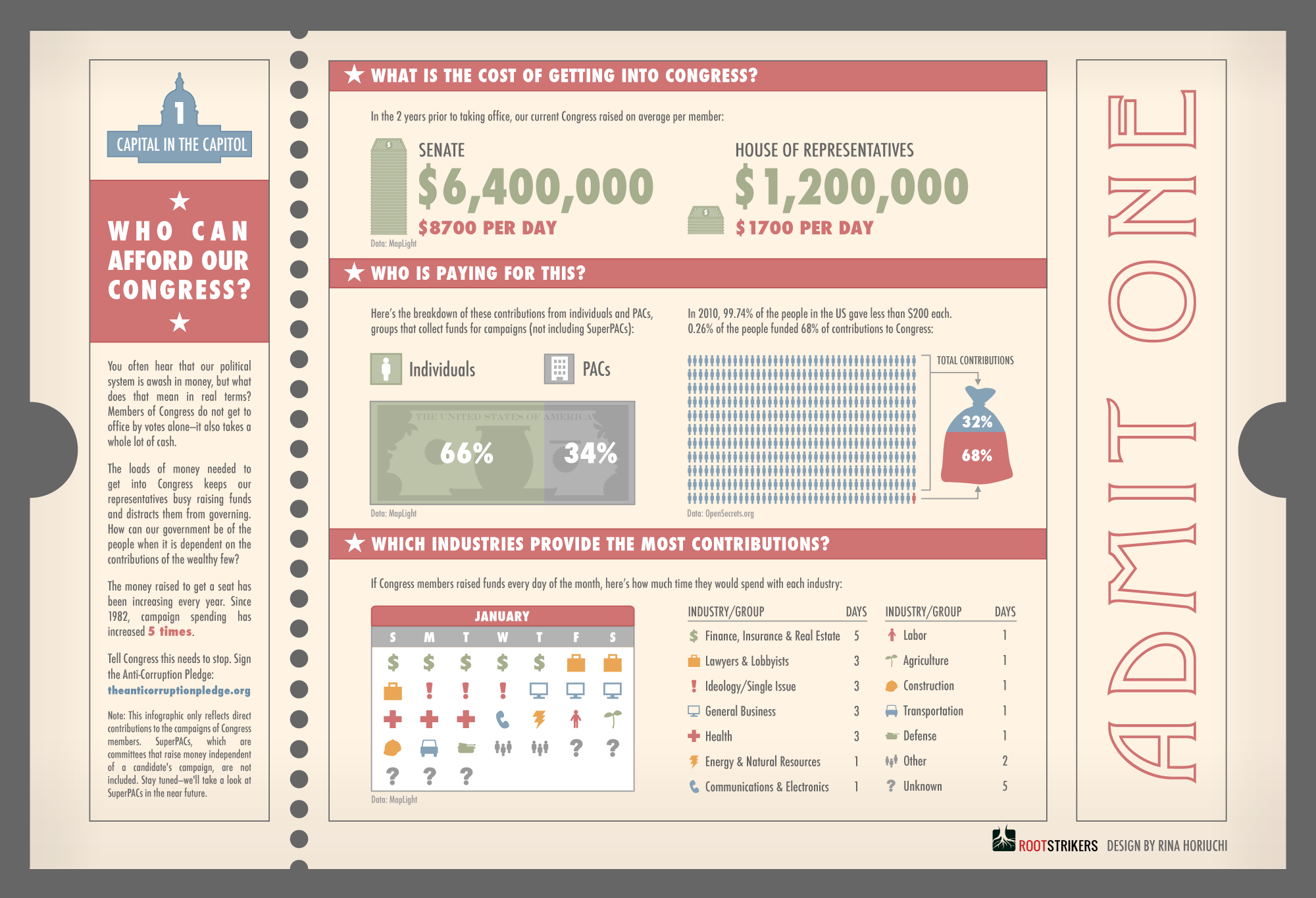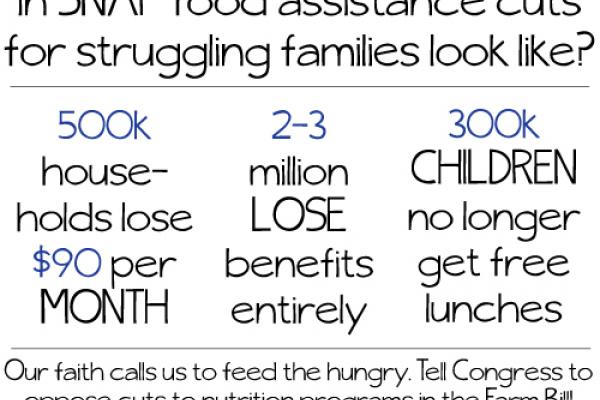One of the things that make America so great is the ability to express yourself, much to the joy, and even pain, of those around you. The freedom of speech is a two-edged sword and more often than not the one who wields it doesn’t fully grasp the power behind it.
Sadly there is no better example of poor usage of this freedom than when directed at the political arena. While late night talk show hosts have always taken shots at the President; now with social media outlets everyone has their two-cents to share … truth is most people would do well to learn the value of biting their tongue.
While I find great joy in the liberty found within the Freedom of Speech, I’ve come to realize that while it’s an American right it’s also much bigger than that … it’s a human right.
However, it’s not a Christian’s right.
With the Olympics just a few weeks away, Time reports on the fight that has broken out over security for the Games:
"Policing the world’s biggest peacetime logistics operation is a herculean task, and Britain’s intelligence and military officials are preparing for every eventuality — even if it means festooning a few apartment buildings with Rapier missiles.
Nicholas Watt writes for The Guardian:
"Nick Clegg's hopes of reforming the House of Lords, completing a journey begun a century ago by his Liberal predecessors, ran into severe trouble on Tuesday when 91 Tory MPs defied a three line whip to vote against the measure in the largest rebellion of the parliament. A furious David Cameron confronted the leader of the Tory rebellion just outside the House of Commons division lobbies late on Tuesday night as it became clear that normally loyal Tory MPs were determined to register their opposition to House of Lords reform."
Learn more here
Mother Jones on the last taboo - population:
"The United Nations projects that world population will stabilize at 9.1 billion in 2050. This prediction assumes a decline from the current average global fertility rate of 2.56 children per woman to 2.02 children per woman in the years between 2045 and 2050. But should mothers average half a child more in 2045, the world population will peak at 10.5 billion five years later. Half a child less, and it stabilizes at 8 billion. The difference in those projections—2.5 billion—is the total number of people alive on earth in 1950.
NPR report on the plight of the poorest in Reading, Pa. - the poorest city in the United States:
"Like many mothers in Reading, Boggs has no husband to share the bills. Poverty is high, but it's a lot higher for single mothers. An astounding 66 percent of them in Reading live below the poverty line, less than $19,000 for a family of three. Boggs admits that she made some bad decisions in life and that her daughters' two fathers turned out to be unreliable. But, she quickly adds, "I wouldn't change anything in the world for my kids, my daughters. They're what keeps me going and keeps me fighting to keep searching, as bad as the economy is. If it was just me, I would have [given] up a long time ago." You hear that a lot around the learning center: hope that things will get better if you just keep plugging away, despite the bad times."
Learn more here
Influential church historian Diarmaid MacCulloch said he believes Christianity faces a bright future, but predicted the Roman Catholic Church will undergo a major schism over its moral and social teaching.
"Christianity, the world's largest religion, is rapidly expanding — by all indications, its future is very bright," said MacCulloch, 60, professor of church history at Oxford University and an Anglican deacon. His latest book, Silence in Christian History, will be published in the fall by Penguin.
Although church conventions tend to get attention for decisions on sexuality and gender, I am more intrigued by a movement among Episcopalians to sell their national headquarters building in New York City.
Whether the shrinking national staff would leave "815" (815 Second Avenue) or remain as tenants isn't clear. Nor is it clear where they would go next if they left. Suggestions range from a large cathedral property (New York or Washington, D.C.) to a middle-of-the-country site. (Presbyterians chose Louisville, Ky., when they made a similar decision in the late 1980s.)
As a cost-cutting measure, a building sale strikes me as unpromising. Nor am I persuaded by anti-Gotham arguments. Having a church center here isn't a "Babylonian captivity" or the last relic of an "imperial dream," as critics put it.
 The response to this series of articles has been pretty overwhelming, and generally, very positive. For the handful of folks who label me an apostate, atheist, anti-Christian or what have you for stepping on some rhetorical toes, it’s fine if you feel the need to cast stones. But do bear in mind that, when you do, you are living into a stereotype of Christians as knee-jerk reactionary, judgmental people. Something to consider.
The response to this series of articles has been pretty overwhelming, and generally, very positive. For the handful of folks who label me an apostate, atheist, anti-Christian or what have you for stepping on some rhetorical toes, it’s fine if you feel the need to cast stones. But do bear in mind that, when you do, you are living into a stereotype of Christians as knee-jerk reactionary, judgmental people. Something to consider.
And for the hundreds who have written with thanks for helping them feel their pain, alienation, confusion or resistance is heard and understood, thank you.
In that spirit, I have compiled a third (and most likely, final) list of Cliches to avoid because, frankly, there were still so many worth noting that have yet to be addressed. Thanks to those who have submitted suggestions for additional lists. And because I’ve had some emails and comments asking for more clarity on what to do or say instead of leaning on these cliches, I’ll offer a closing piece for this series tomorrow about what I’d suggest Christians focus on instead of well-worn rhetorical scripts.
Enough prologue. Here are the final nine cliches to strike from the Christian lexicon if we’re interested in reaching people on a deeper, more personal level.
Anti-poverty advocates and members of Congress are speaking out against proposed cuts to anti-hunger programs being considered in the broader political tussle over the Farm Bill. Over ten congressional representatives, including Rep. Jim Clyburn (D-SC) and Rep. Rosa DeLauro (D-CT), joined a rally denouncing.
We love a good infographic--and here's one more.
Capital in the Capitol: What's the Cost of Getting into Congress?
A few key numbers to look at-- in the 2 years prior to taking office, the after Representative raises $1700 a day. If you're trying to be a Seantor? Try $8700.
What does that mean? Are they actually running this country? No way. Try breakfast, lunch, and cocktails with high-dollar donors.
Take a look. Thanks to Upworthy for finding this great piece.




